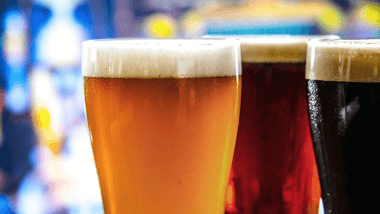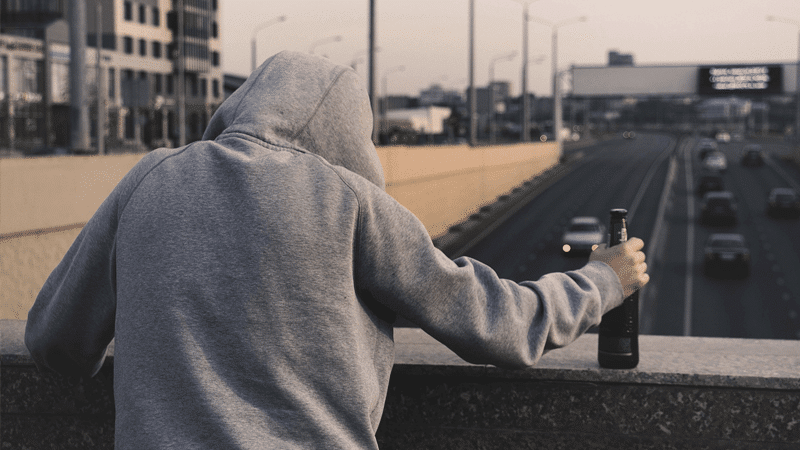England may have the highest percentage of young children who have drunk alcohol, the World Health Organisation (WHO) has revealed.
The latest Health Behaviour in School-aged Children (HBSC) report, based on survey results from 44 countries across Europe, Asia and Canada, found that more than a third of both boys and girls in England had tried alcohol by 11 years old.
By age 13, this was true for 50 per cent of boys and 57 per cent of girls. In contrast, the global average was just 15 per cent for 11-year-olds and 33 per cent for 13-year-olds.
Drunkenness
England was also listed among the countries with the highest prevalence of drunkenness in young children.
It had the second-highest percentage of 13-year-olds who admitted to being drunk at least twice in their life, at 12 per cent for girls and 9 per cent for boys.
Chief Executive of the Institute of Alcohol Studies Dr Katherine Severi said that despite a sharp decrease in underage drinking since 2000, the UK remains “one of the heaviest drinking nations in the world”.
HBSC International Coordinator Dr Joanna Inchley added that England is “top of the charts” for young drinkers, while drunkenness is “embedded in British society in a way which it is just not in other countries”.
‘Dangerous’
Dr Hans Kluge, WHO Regional Director for Europe, said: “The widespread use of harmful substances among children in many countries across the European Region – and beyond – is a serious public health threat.
“Considering that the brain continues to develop well into a person’s mid-20s, adolescents need to be protected from the effects of toxic and dangerous products.”
In response, a Government spokesman stated that “underage drinking can be damaging for young people and their development. That is why there are age restrictions on the sale of these products.”
Deaths
Last year, health professionals warned that the Government has “neglected” England’s alcohol problem for too long.
Writing in The Telegraph, Kate Dun-Campbell and Adam Briggs of the Health Foundation urged the Government to follow Scotland and Wales by introducing minimum unit pricing.
In 2012, the Government proposed several alcohol-related measures, including minimum unit pricing and further regulation on alcohol licences, but they were subsequently dropped.
In the decade since, alcohol-related deaths have rocketed by 50 per cent to 7,558 in 2021.

Harm caused by drug and alcohol abuse in NI ‘significant and growing’

